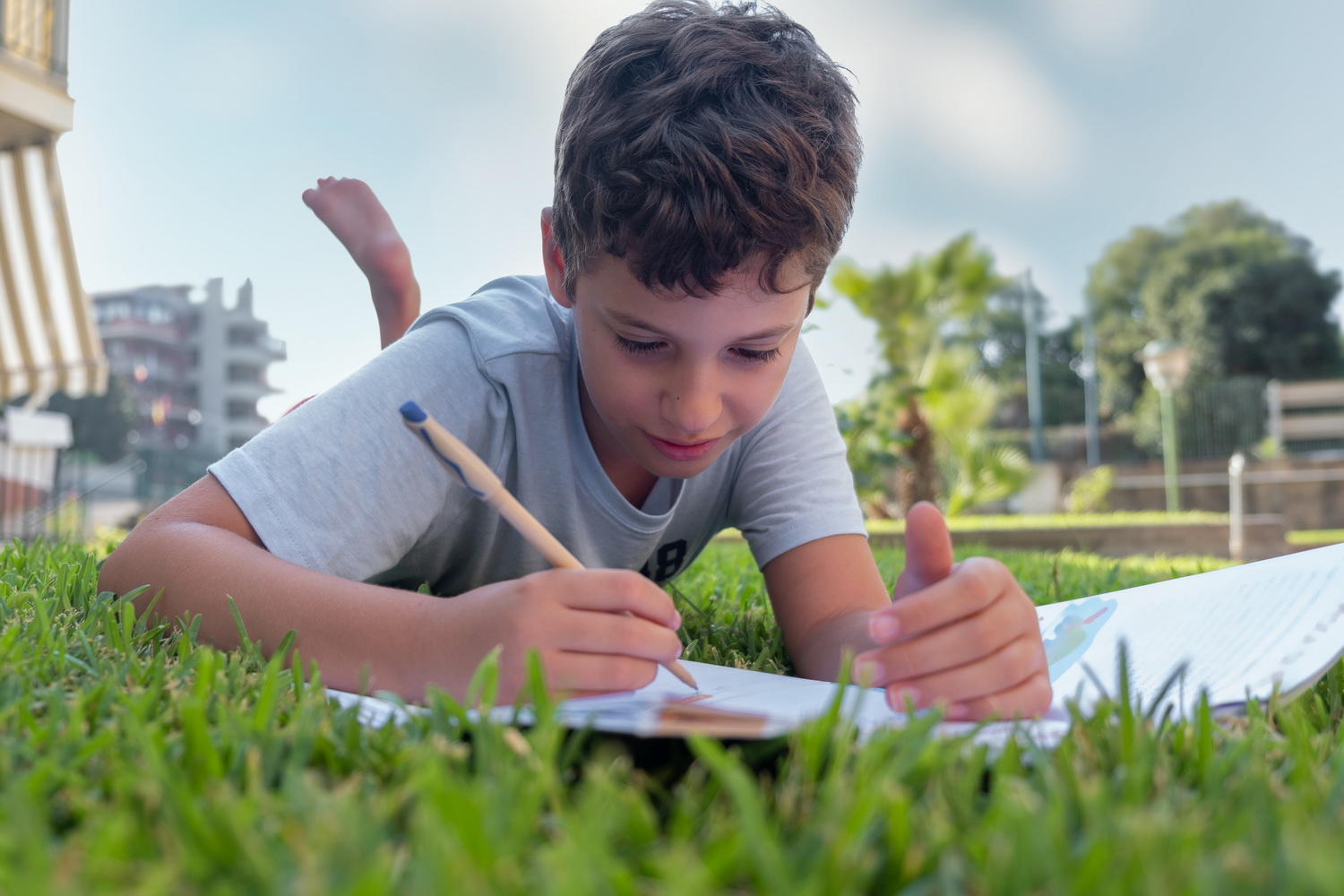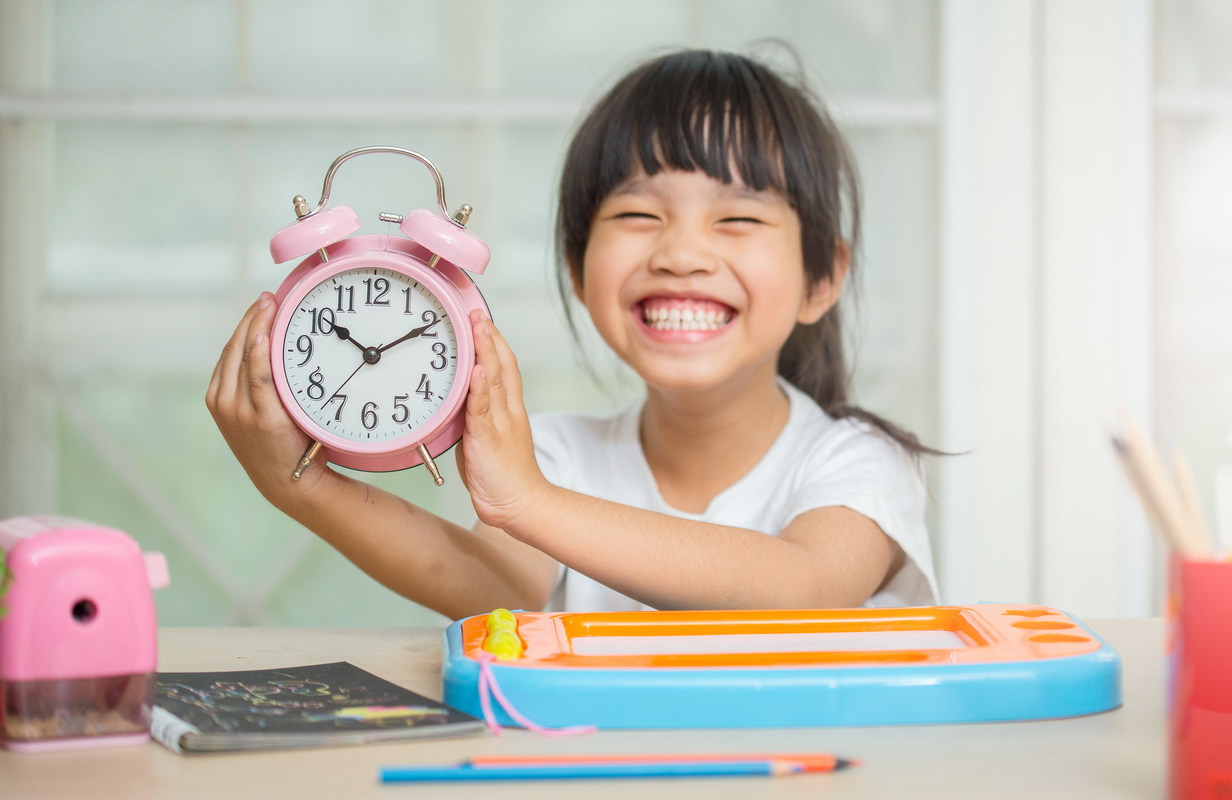Vocabulary development Reading Worksheets for Ages 5-8
26 filtered results
-
From - To
Enhance your child's vocabulary skills with our engaging Vocabulary Development Reading Worksheets, specially designed for ages 5-8. These worksheets feature interactive activities that introduce new words in fun, relatable contexts, helping young learners build their language comprehension. From picture-word associations to fill-in-the-blank exercises, each resource aims to foster a love for reading while expanding vocabulary. The activities align with early literacy standards, making them perfect for classroom use or at-home learning. Encourage your child's growth in reading and language skills with our thoughtfully crafted worksheets, ensuring they are well-equipped for their academic journey ahead!
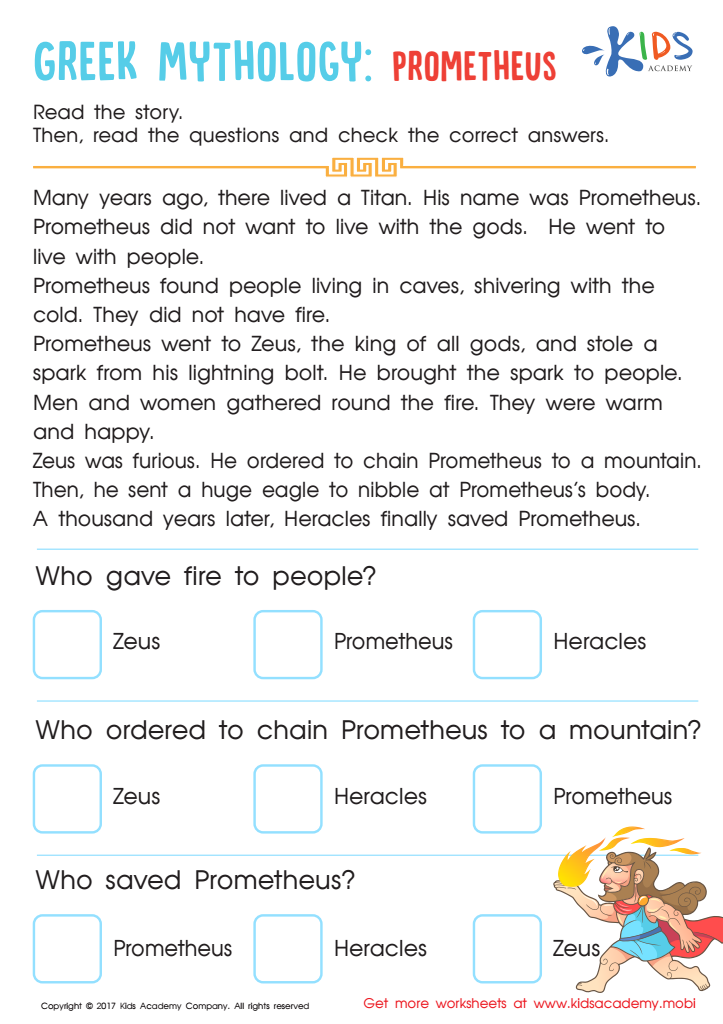

Prometheus Story Worksheet
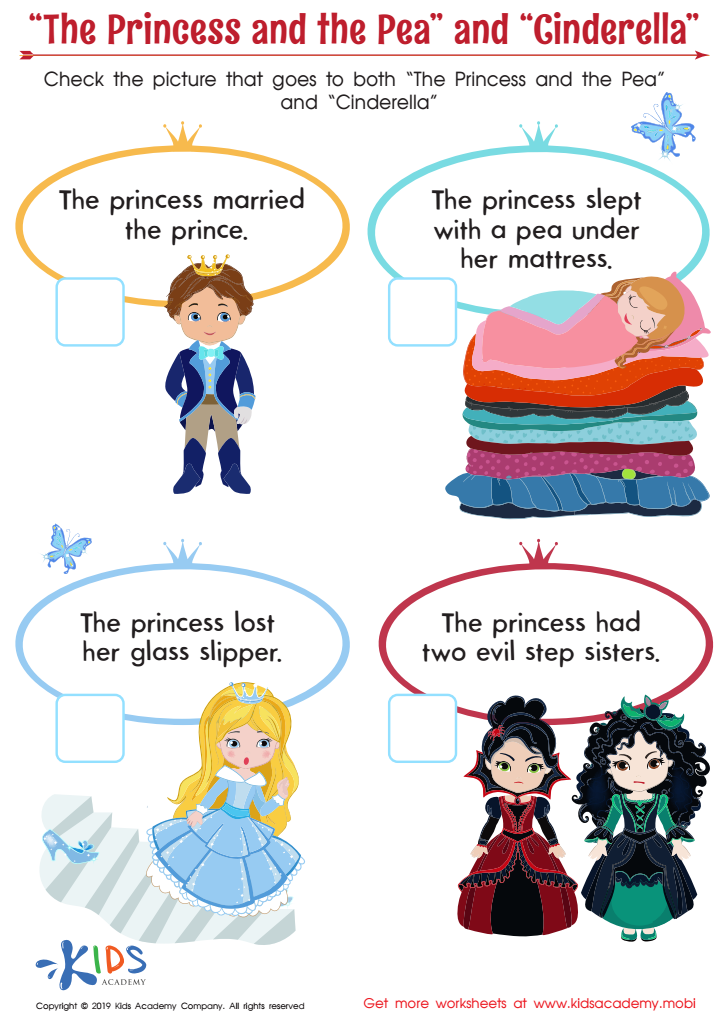

“The Princess and the Pea” and “Cinderella” Worksheet
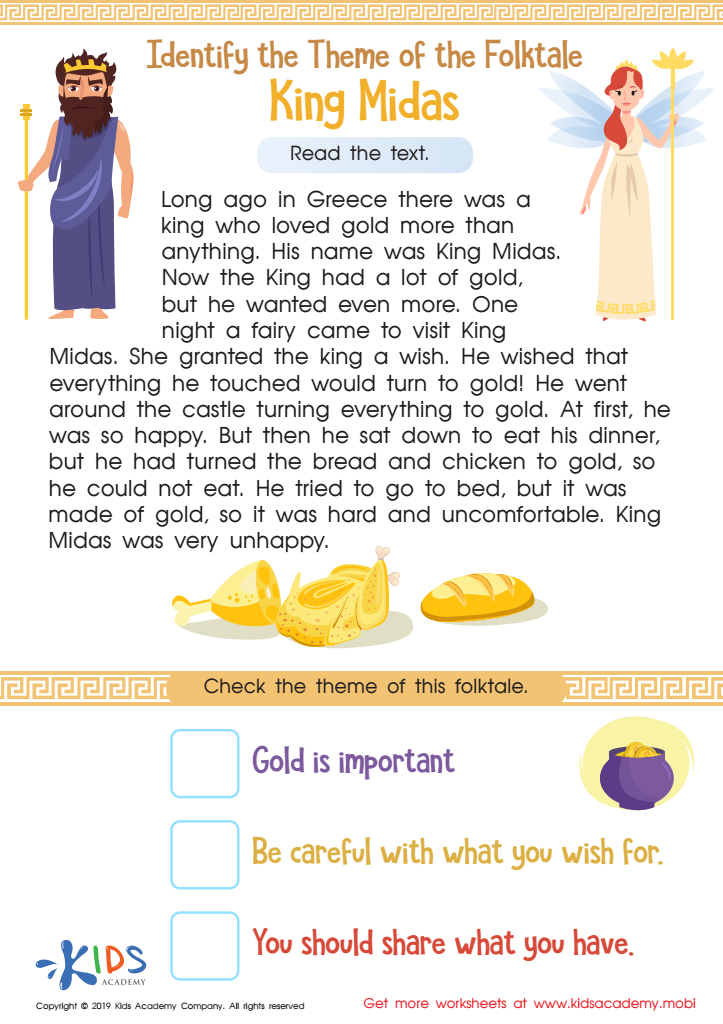

King Midas Worksheet
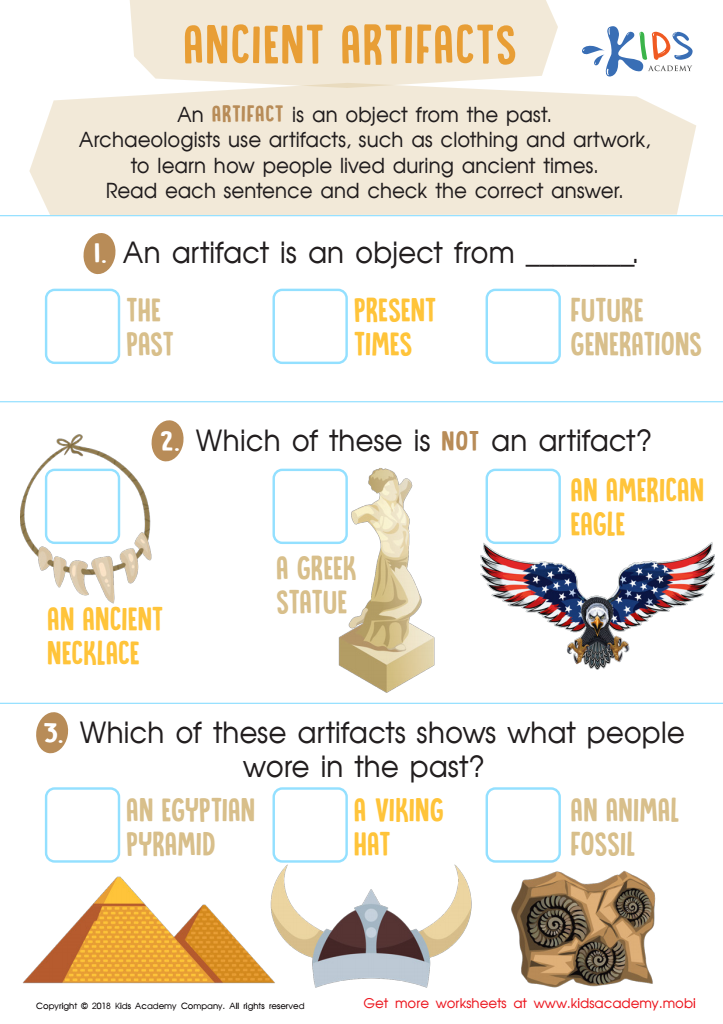

Ancient Artifacts Worksheet


The Dentist Worksheet


Phonics and Word Recognition: Assessment 3 Worksheet
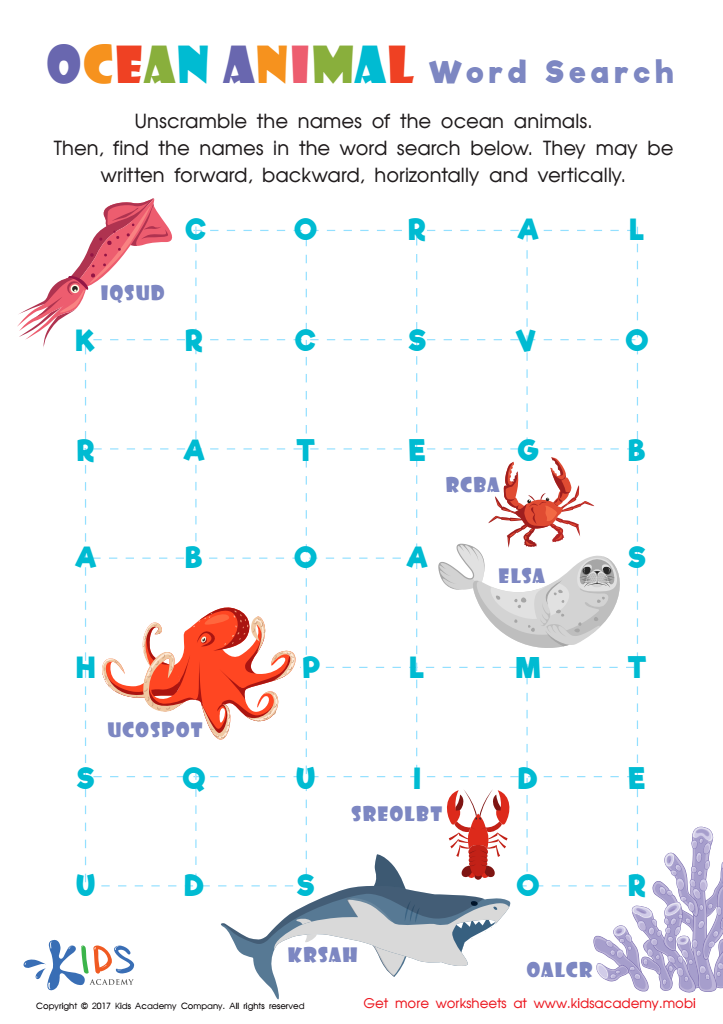

Ocean Animals Word Search Printable
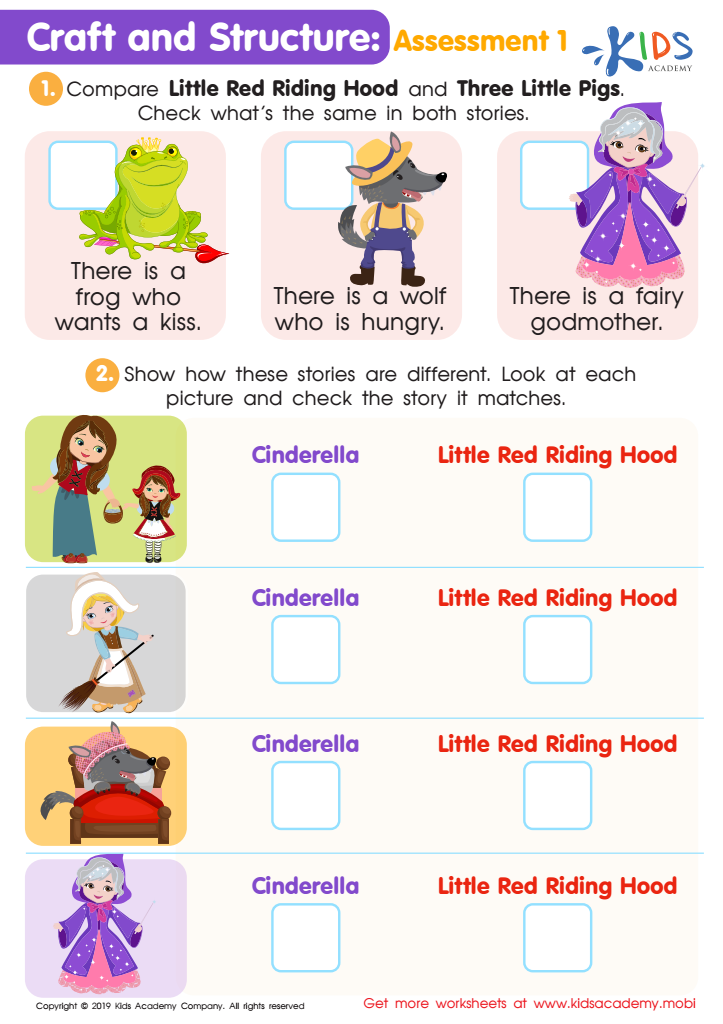

Craft and Structure: Assessment 1 Worksheet
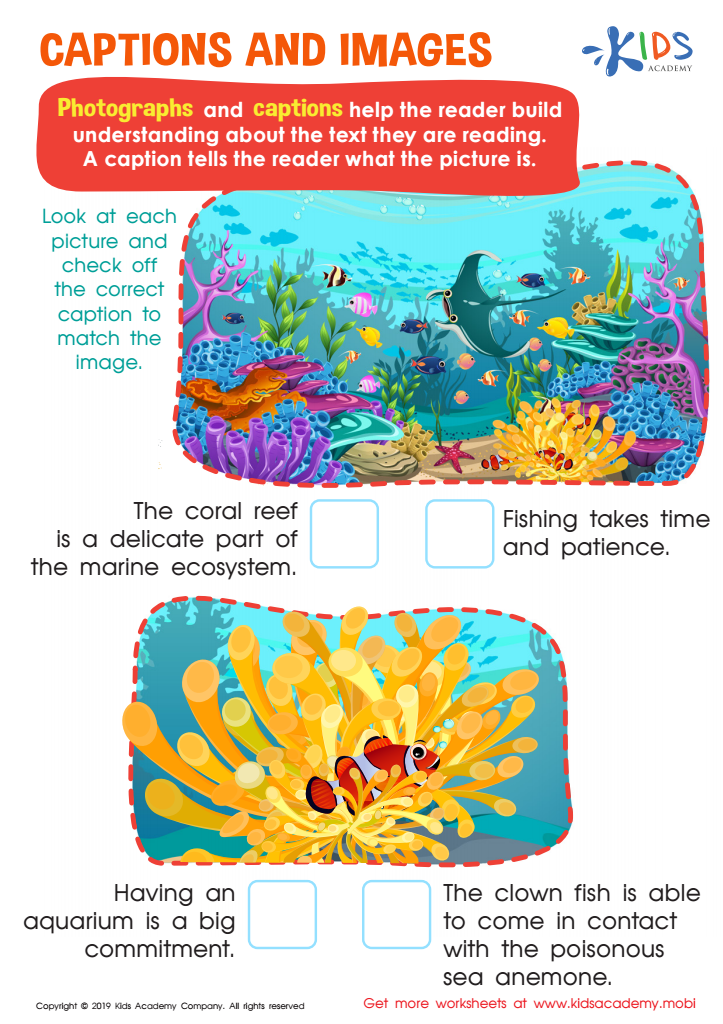

Captions and Images Worksheet
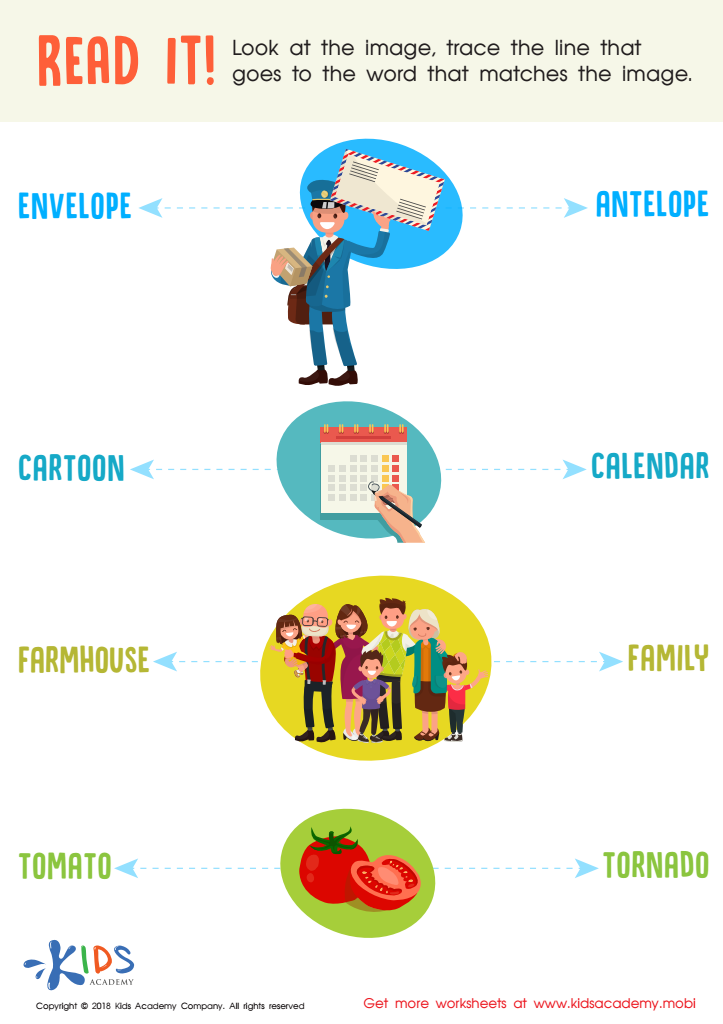

Read It! Worksheet
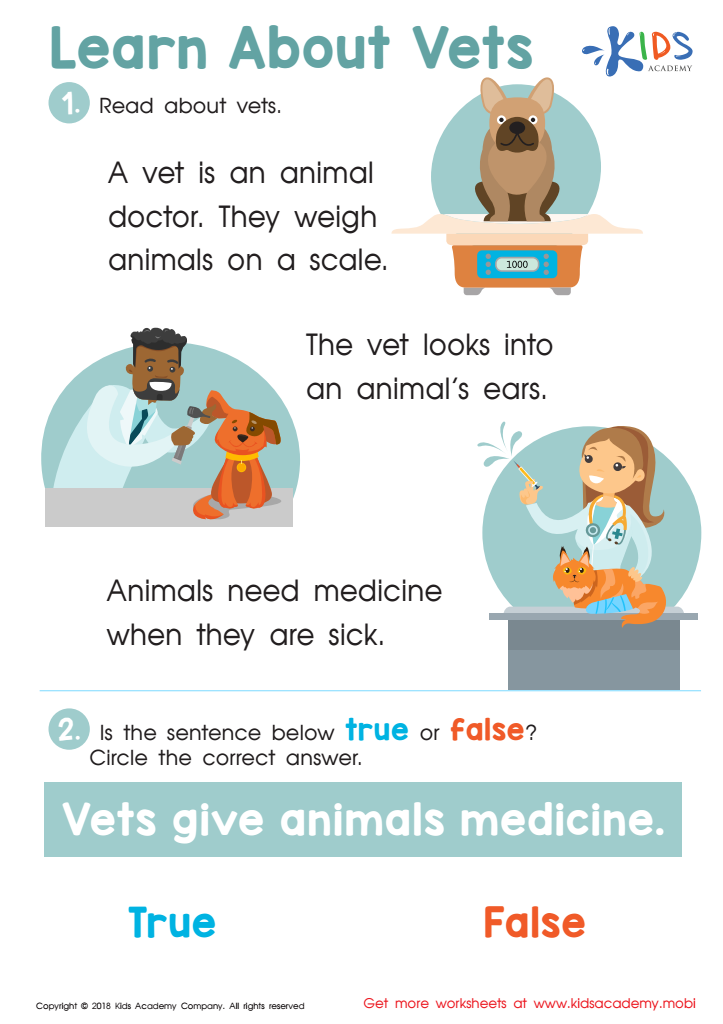

Learn About Vets Worksheet
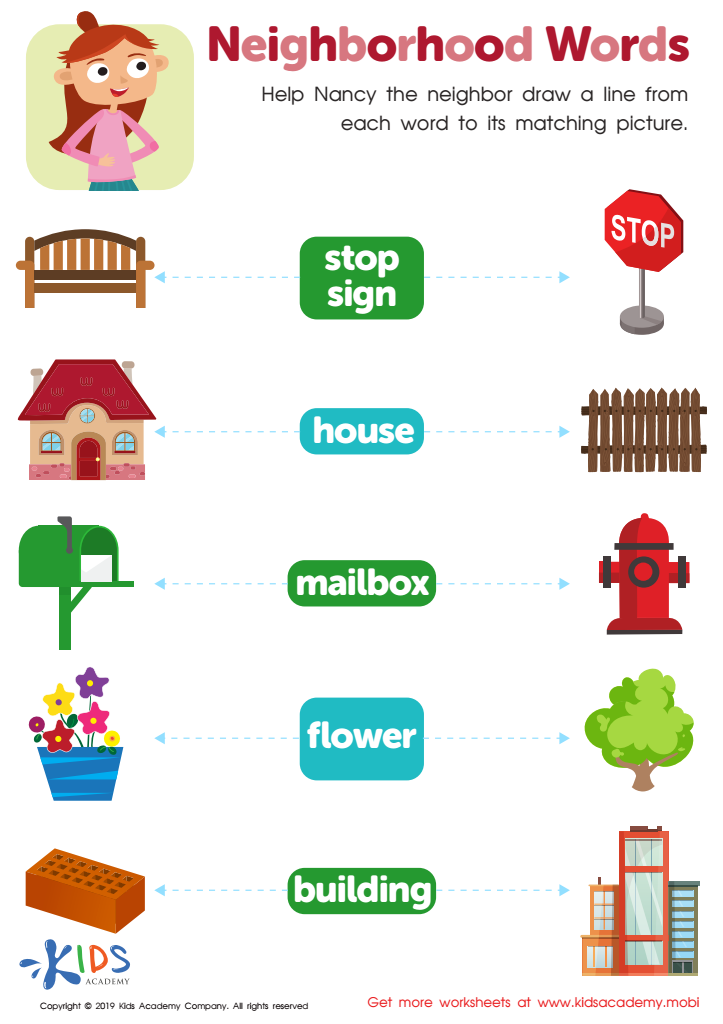

Neighborhood Words Worksheet
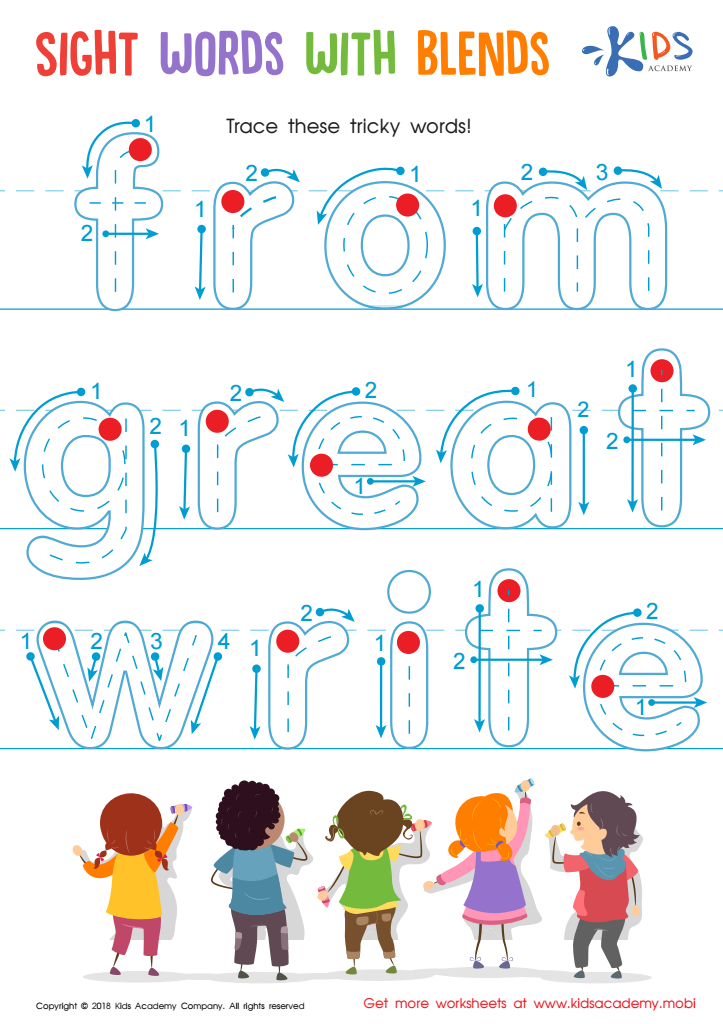

Sight Words with Blends Worksheet
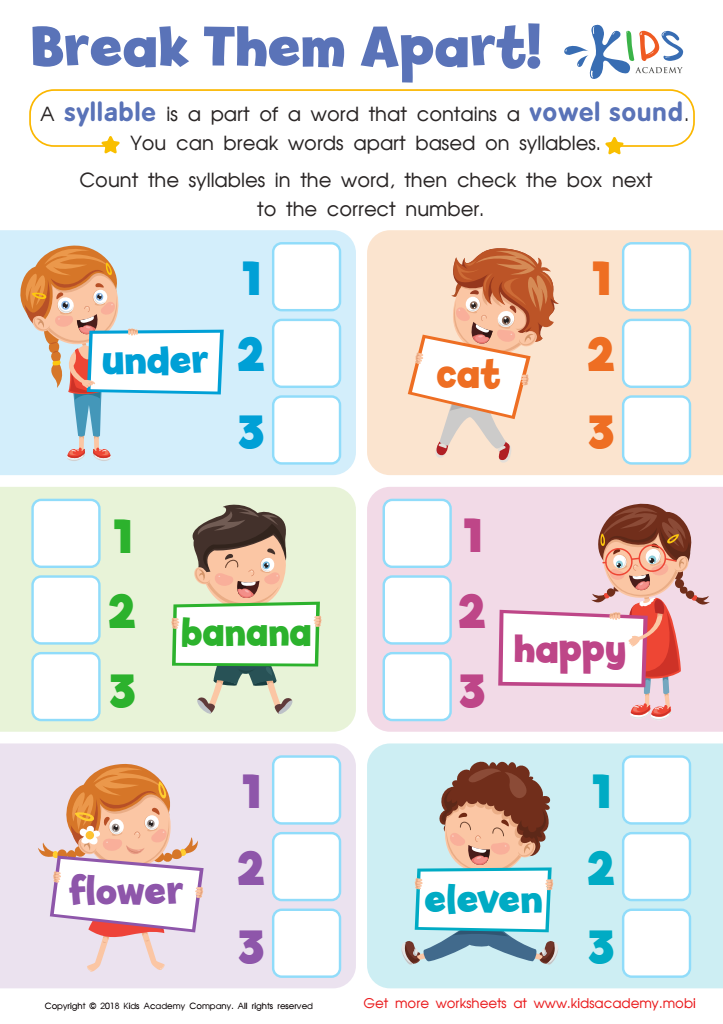

Reading: Break Them Apart Worksheet
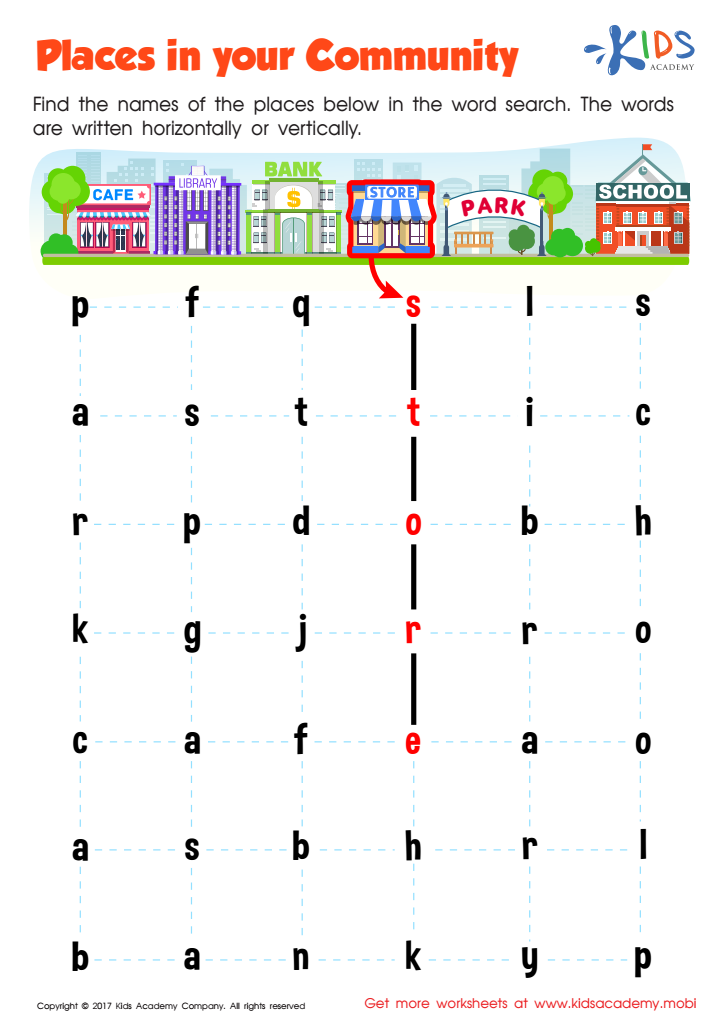

Places in Your Community Worksheet
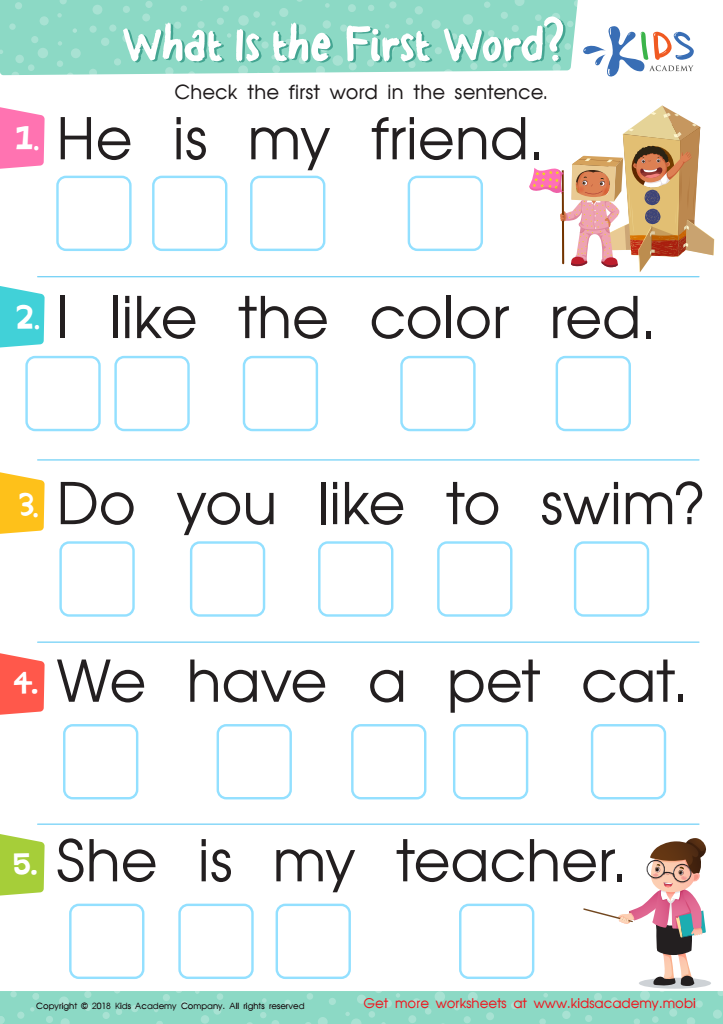

What is the First Word? Worksheet
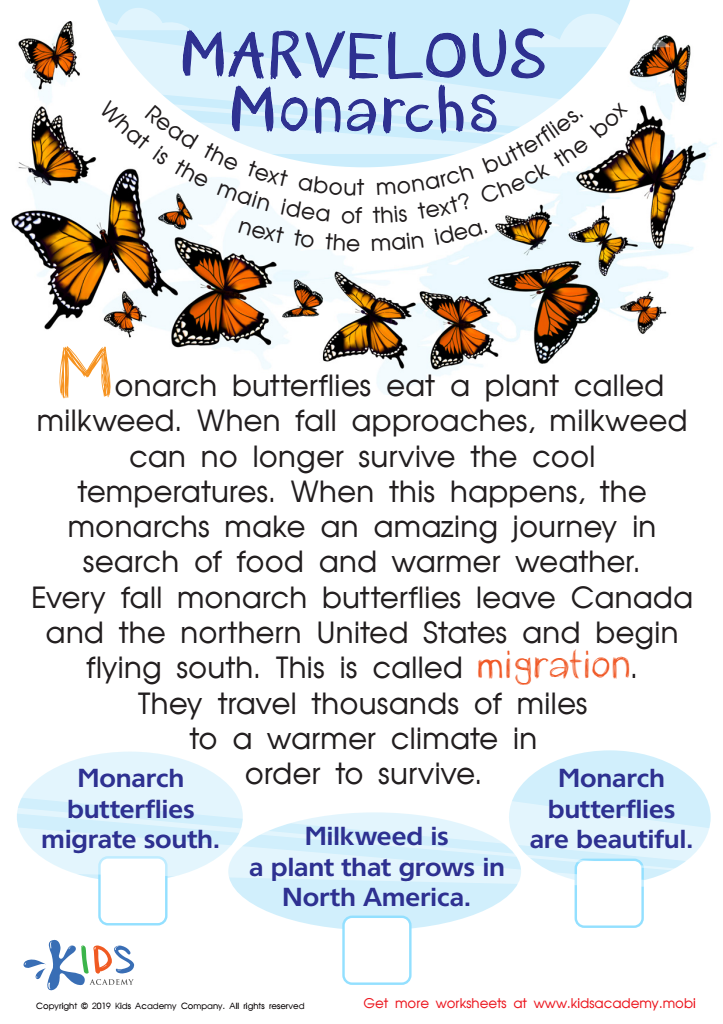

Marvelous Monarchs Worksheet
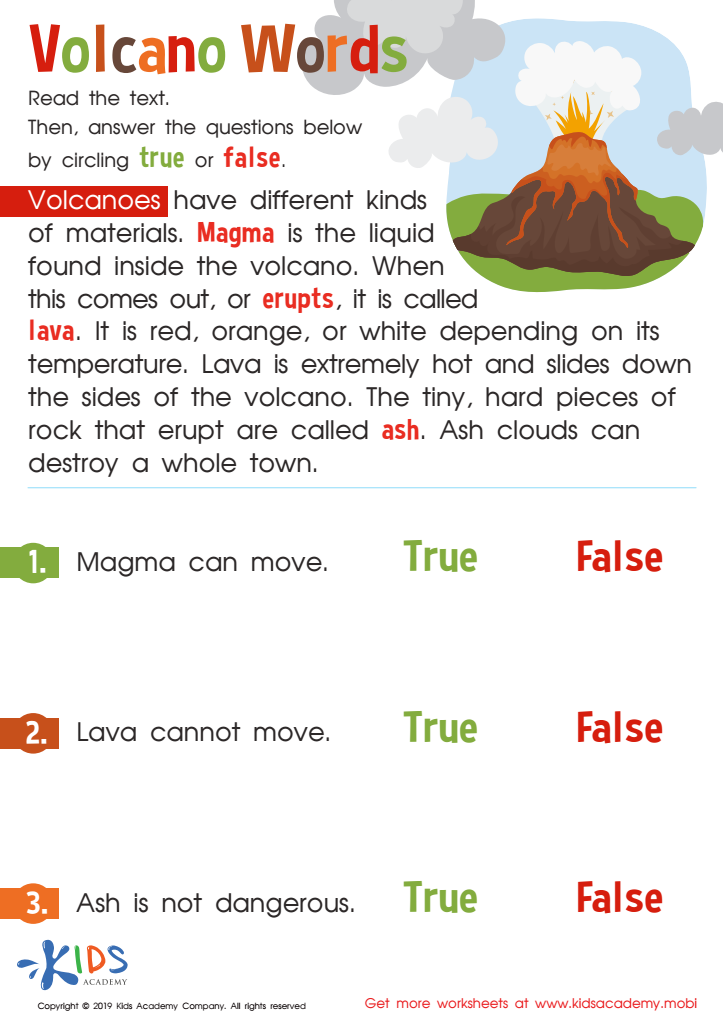

Volcano Words Worksheet
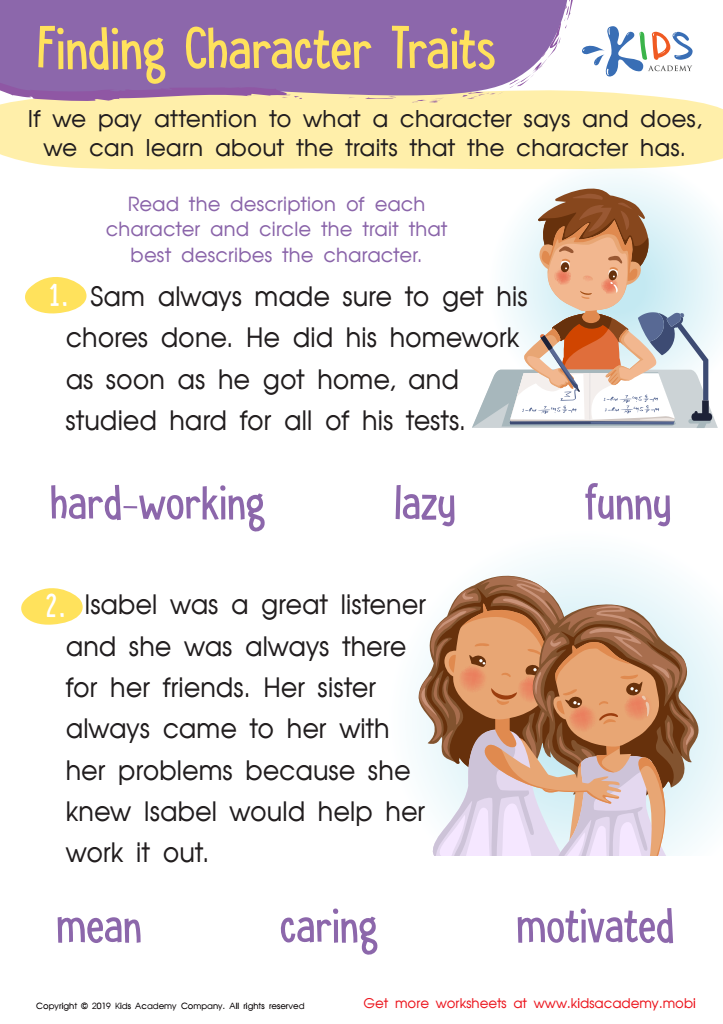

Finding Character Traits Worksheet
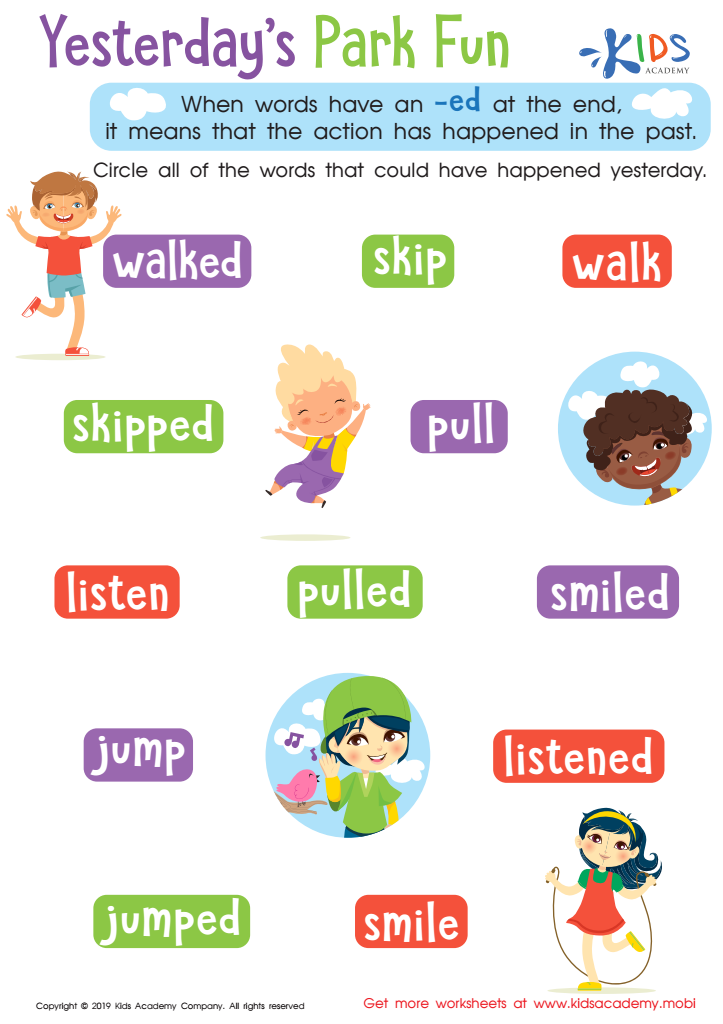

Yesterday's Park Fun Worksheet
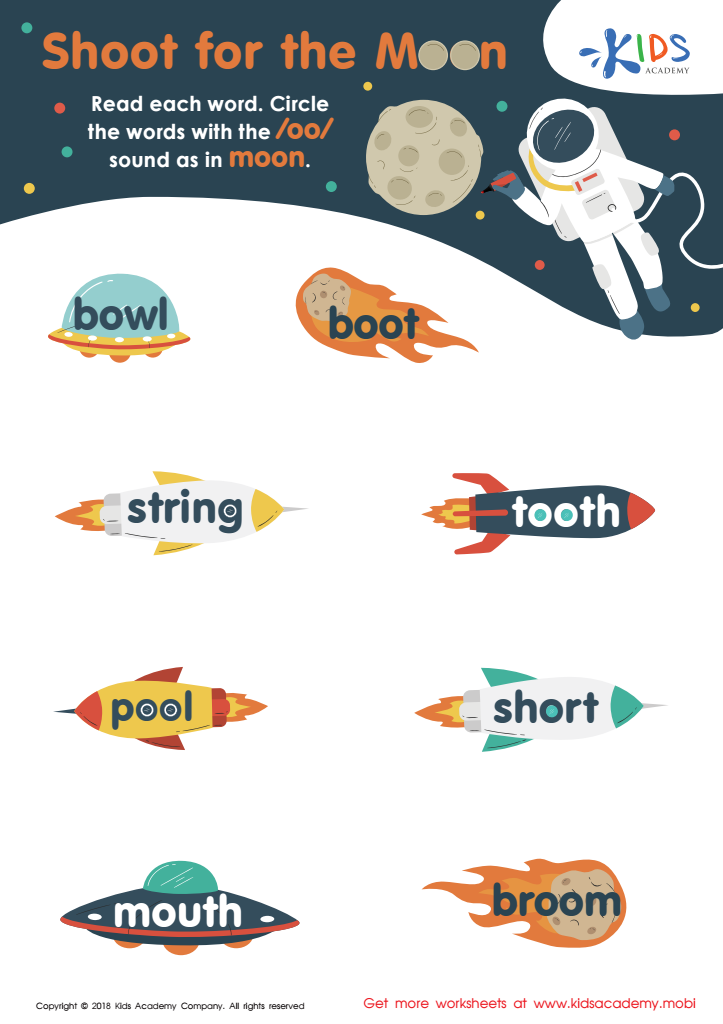

Reading: Shoot for the Moon Worksheet
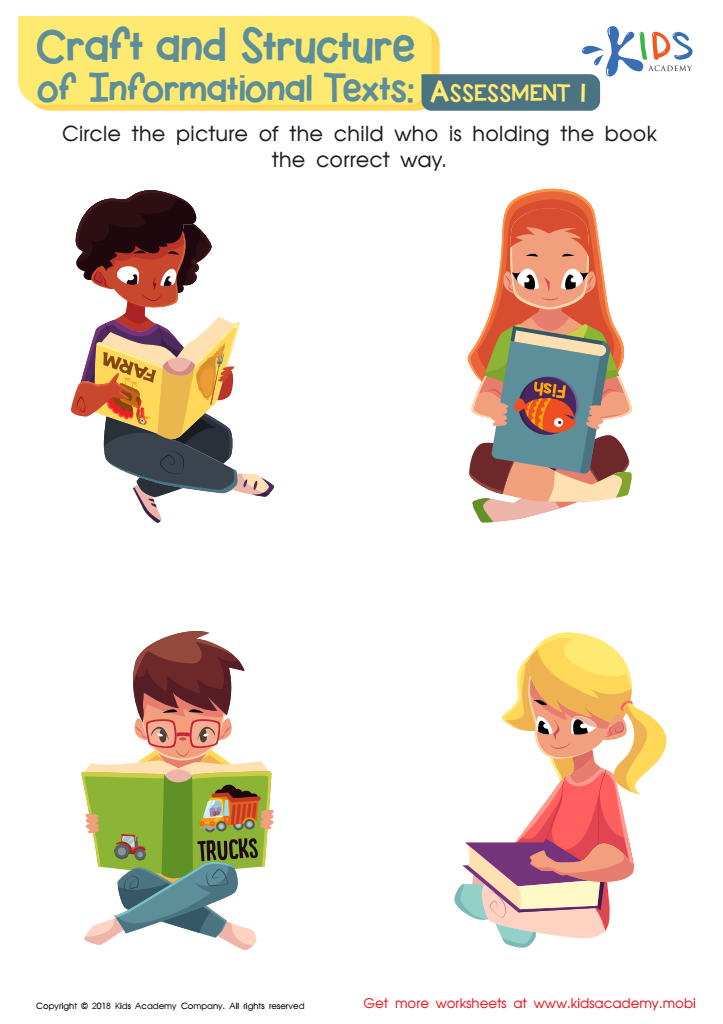

Craft and Structure of Informational Texts: Assessment 1 Worksheet
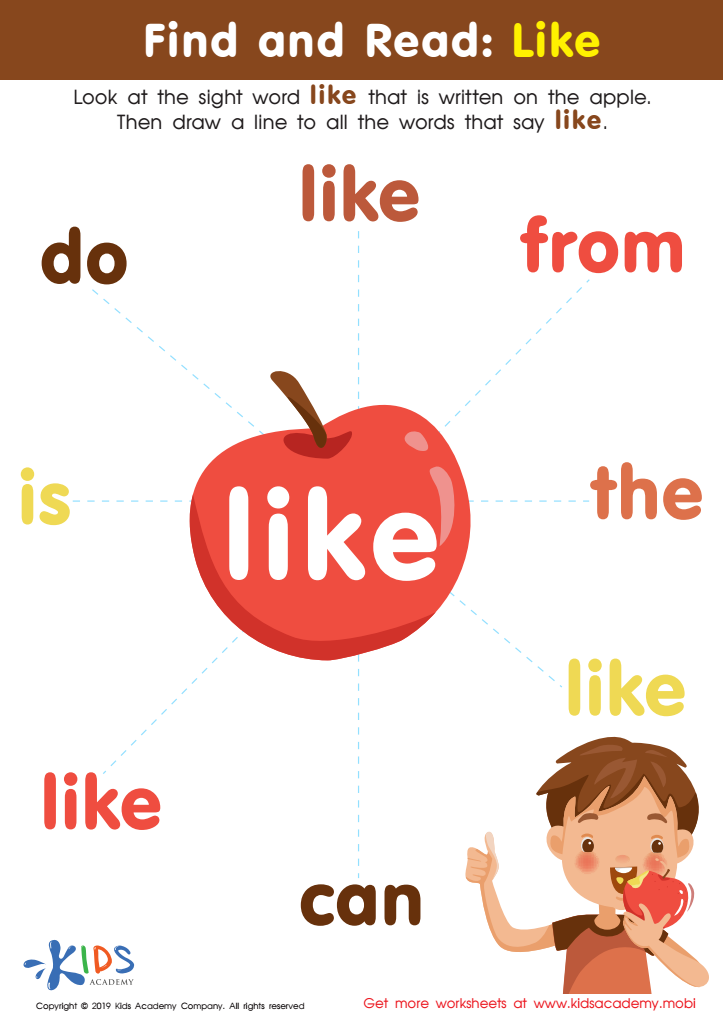

Find and Read: Like Worksheet
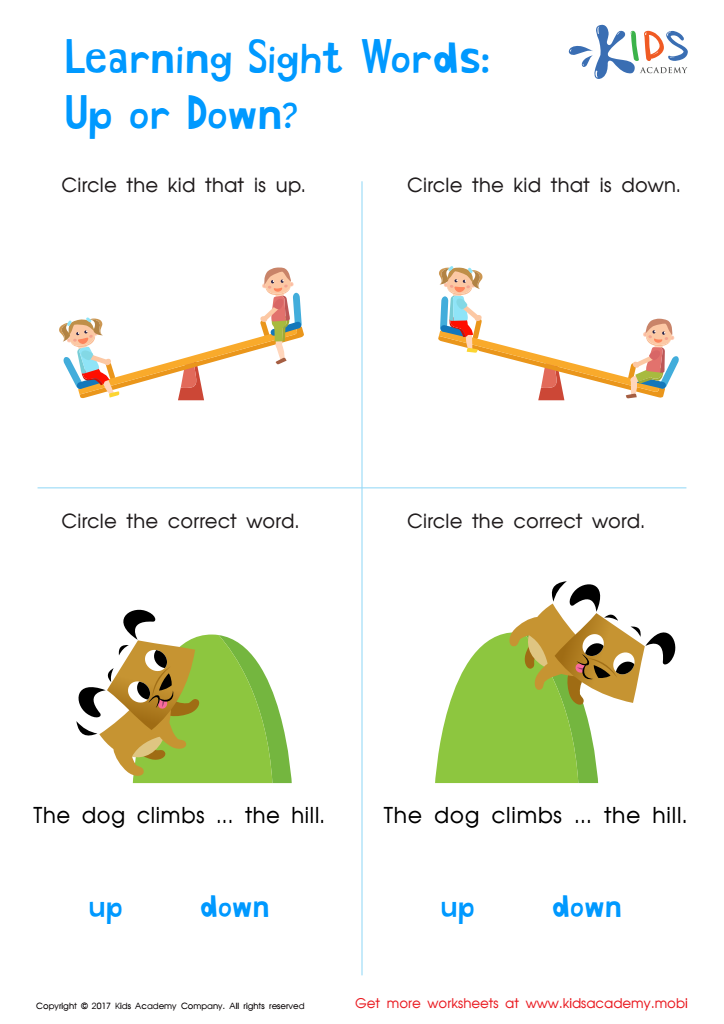

Up or Down Printable Sight Words Worksheet
Vocabulary development is crucial for children aged 5-8 as it lays the foundation for their overall literacy and academic success. At this age, children are rapidly acquiring language skills which are instrumental in shaping their communication abilities. A robust vocabulary enables children to express their thoughts, understand others, and engage in conversations effectively.
Additionally, strong vocabulary skills are linked to improved reading comprehension. As children learn to read, they encounter a myriad of words; understanding these terms helps them grasp the meanings of texts, fostering a love for reading that can last a lifetime. Teachers and parents play a pivotal role in this process by introducing diverse vocabulary through conversations, storytelling, and reading aloud.
Furthermore, children with a rich vocabulary are often more confident readers and writers, boosting their overall self-esteem and motivation to learn. In educational settings, teachers can create interactive vocabulary activities to make learning engaging, while parents can support their children at home through games and discussions that promote word exploration. Considering the impact that vocabulary development has on cognitive and social skills, it is essential for parents and teachers to prioritize vocabulary growth to better equip children for future learning and life challenges.

 Assign to My Students
Assign to My Students







